Mississaugas of the Credit Medicine Wheel rejects “centuries of economic genocide”
From The Varsity by Georgia Kelly January 29 2023
At the College and Spadina intersection just off the UTSG campus, a Mississaugas of the Credit (MC) Medicine Wheel cannabis dispensary proudly operates without an Ontario license.
The 289 College Street store is one of 13 MC Medicine Wheel locations, nine of which are in Toronto, with the first having opened in October 2021 at 1176 Danforth Avenue. Danforth Avenue runs across a part of the Mississaugas of the Credit territory.
According to its social media, the business is operated “seed-to-sale Indigenous,” meaning that all the workers — growers, processors, and store operators — are Indigenous.
“We are rejecting centuries of economic genocide by operating on our traditional territory,” MC Medicine Wheel tweeted in early January.
Different governments, different laws
MC Medicine Wheel is certainly not the only cannabis dispensary in Toronto to operate without a license. Unlike other, non-Indigenous dispensaries that do so, however, owner and operator Ken Hughes of MC First Nation told the Toronto Star that this decision represents an expression of self-governance. He likened seeking an Ontario license to receiving a driver’s license from a province where you’re not a resident, adding, “I have rights to do things in my traditional territory — and this is one of the things.”
Some dispensary operators, such as Rob Stevenson — the founder of Medicine Wheel Natural Healing in Peterborough — refer to non-licenced Indigenous operated dispensaries like these as the “red market.”
John Borrows is the Canada Research Chair in Indigenous Law and a professor at the University of Victoria. According to Borrows, Section 35 of the Canadian Constitution could provide legal support for Indigenous groups claiming self-governance, but courts have stated that the rights laid out in Section 35 are not that “general in nature.”
Borrows told CBC that to qualify, medicinal marijuana businesses would have to show that their products were “integral in their distinctive culture” before European arrival if they can’t draw upon treaties with the Canadian government that mention those products. “The courts have not been receptive to Indigenous peoples’ framing of their self-governance rights in a broader way,” said Borrows to CBC.
Advocacy groups such as the National Indigenous Medical Cannabis Association have further advanced an argument for sovereign dispensaries, citing archival findings, archaeological evidence, and even the journal entries of European settlers as evidence that Indigenous nations have used cannabis for thousands of years and therefore have sovereignty over its use in their communities. However, this legal justification only applies to activities on lands that the Government of Canada recognizes as Indigenous sovereign territory.
A centuries-long dispute
On social media and on its news page, Medicine Wheel asserts that the Mississaugas of the Credit never truly “surrendered” the land on which the stores operate, disputing the series of treaties that supposedly transferred ownership of the Toronto region to the Crown, as the Government of Ontario claims.
According to the Mississaugas of the Credit, the Crown initially seized this land in 1787 with something barely resembling a legal agreement and offered just a handful of blankets and other household items as consideration. The Crown admitted the agreement was illegitimate, and 18 years later wanted to negotiate a second purchase — by which point the Mississaugas of the Credit had realized the original agreement wasn’t actually protecting their hunting and fishing rights, which they considered a matter of survival, and wanted to get them back from the Crown. The Mississaugas of the Credit came to the negotiations to regain those rights, and the Crown used that to convince them to agree to what would be known as the 1805 Toronto Purchase, where the Crown would claim 250 830 acres of Mississaugas of the Credit land — based on a disputed land survey — in exchange for 10 shillings.
After disputing the Toronto Purchase for over 200 years, the Mississaugas negotiated a $145 million settlement with the Government of Canada in 2010.
An economic fight
Dispensaries on Indigenous reserves were some of the only places to purchase cannabis before Canada’s Cannabis Act legalized the substance in 2018. Following the act, a growing number of licensed stores diverted the market away from these Indigenous-operated stores, which some community members view as crucial for local economic prosperity and healing, especially in communities combating unemployment and drug abuse.
Organizations representing various Indigenous peoples, such as the Assembly of First Nations, continue to criticize the Canadian government for failing to properly consult First Nations when developing the 2018 act.
Since the piece of legislation was passed, representatives have worked to pass amendments to the act to allow First Nations to develop more sovereign taxation and regulatory systems.
Violence and resistance continue
Canadian police continue to raid dispensaries operating on reserves — land set aside by the Canadian government for use by First Nations — even when those dispensaries follow the regulations of the respective nations that govern these regions. Such raids include those on Tribal ReLeaf in Tobique First Nation in 2017, New Age Medicinals and Medi Shack in the Algonquin Amikwa Anishinaabek nation in 2019, three shops in Millbrook First Nation in 2021, and Burnin Grass Dispensary in Samson First Nation in 2022.
Still, Indigenous entrepreneurs continue to open dispensaries without Canadian licencing, on and off of reserves — Spirit River Cannabis just opened last December in London, Ontario, joining MC Medicine Wheel and over 300 other Indigenous sovereign dispensaries operating within Canada’s borders, as reported by the website Dispensing Freedom, which reports on Indigenous sovereignty and cannabis distribution.
Meanwhile, other Indigenous entrepreneurs have opted to recognize Canadian regulations, such as the owners of Seven Leaf — the first Indigenous-owned and operated dispensary to be approved by Health Canada back in 2018. It operates on the Mohawk Nation at Akwesasne.

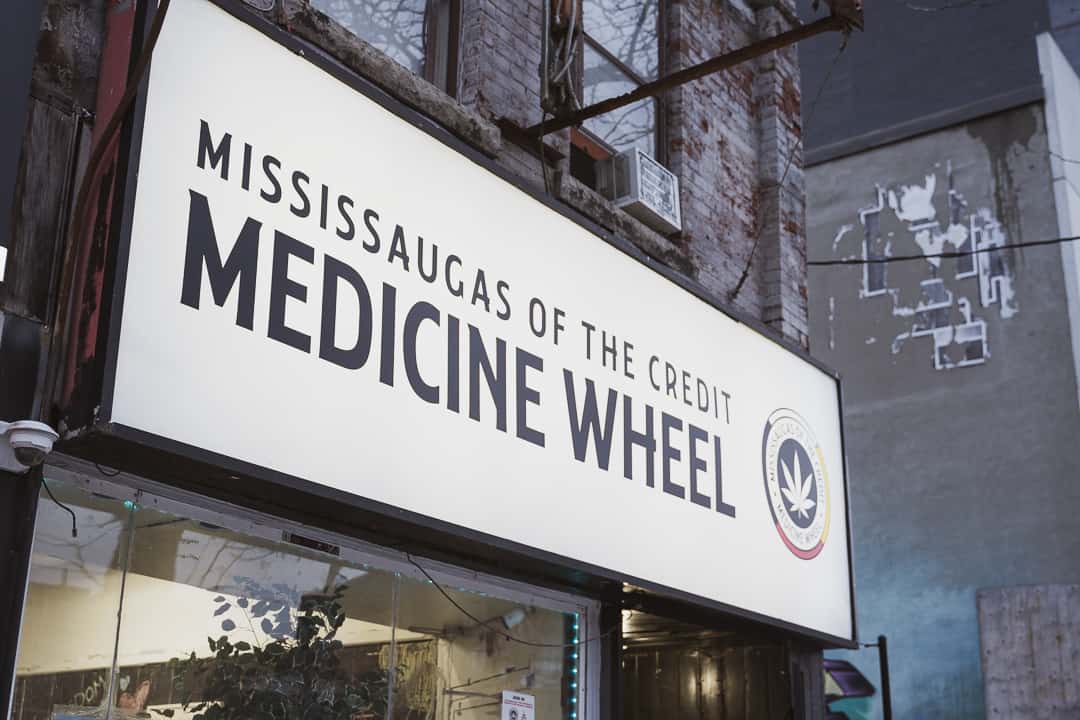
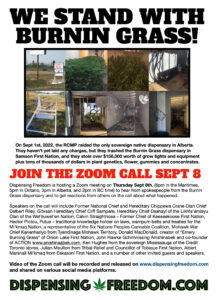



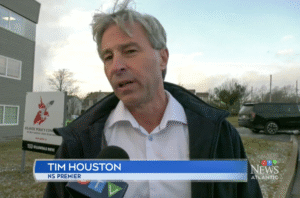




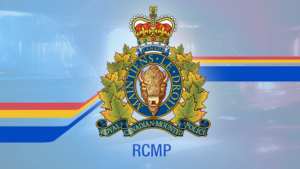

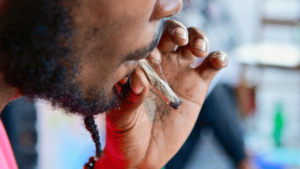
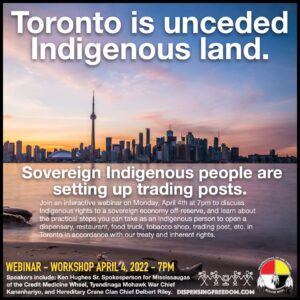
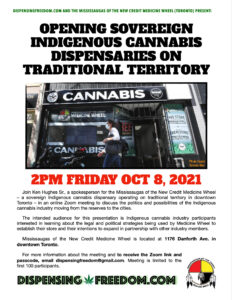
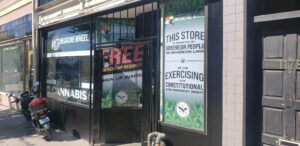
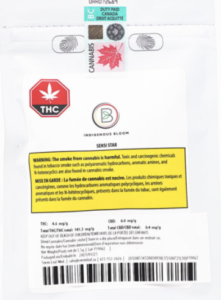
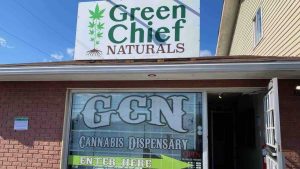
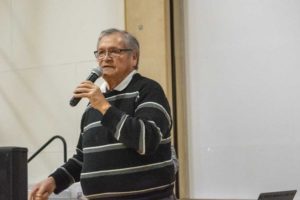
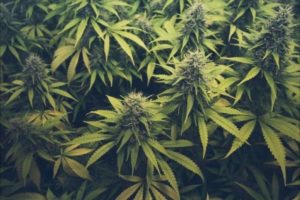
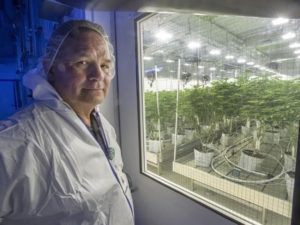
Comments are closed.